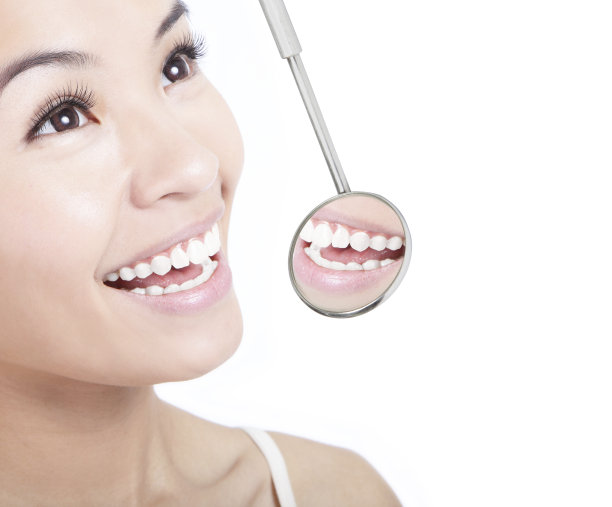Essential Precautions to Consider Before and After Receiving a Dental Filling Treatment for Optimal Oral Health
Summary: Dental fillings are essential for restoring teeth damaged by decay, but taking proper precautions before and after the treatment can significantly enhance oral health and ensure a smooth recovery. This article outlines the essential precautions to be taken in four key areas: pre-treatment considerations, post-treatment care, dietary recommendations, and monitoring oral health. By understanding and implementing these practices, patients can minimize discomfort and enhance the longevity of their fillings, ensuring a healthier and more resilient smile.
1. Important Pre-Treatment Considerations

Before receiving a dental filling, it is crucial to have a comprehensive consultation with your dentist. Discussing your dental history, any allergies, and your overall health status can help tailor the treatment to your specific needs. Moreover, informing your dentist about any medications you are taking is essential, as some drugs can affect the procedure and healing process.
Another important pre-treatment step is to ensure that you are free from any infections or inflammation in the area being treated. If you have any signs of gum disease or other dental issues, addressing them before getting a filling will promote optimal healing and reduce potential complications.
Lastly, understanding what to expect during the filling process can alleviate anxiety. Ask your dentist about the materials used, the procedure duration, and any associated discomfort. Feeling informed and prepared can help set a positive mindset before undergoing dental treatment.
2. Essential Post-Treatment Care Guidelines
Once the filling procedure is complete, adhering to post-treatment care guidelines is critical for a smooth recovery. Initially, it is advisable to avoid chewing on the side of the mouth where the filling was placed until the local anesthesia wears off to prevent accidental biting of the cheek or tongue.
Maintaining excellent oral hygiene is vital in the days following a dental filling. Gently brushing and using mouthwash can help keep the area clean without irritating it. However, it鈥檚 important to follow your dentist鈥檚 specific instructions regarding oral hygiene practices post-treatment.
Additionally, monitoring for any unusual symptoms, such as prolonged sensitivity or pain around the filling site, is essential. If you experience such issues, promptly contacting your dentist is advisable to prevent further complications.
3. Dietary Recommendations for Recovery
Diet plays a significant role in the recovery process after dental fillings. Right after treatment, sticking to a soft diet is recommended, as hard or sticky foods can put unnecessary pressure on the freshly placed filling. Foods like yogurt, mashed potatoes, and soups are excellent choices during this period.
Moreover, its wise to avoid temperature extremes, such as very hot or cold foods and beverages, as they can exacerbate tooth sensitivity. Gradually reintroducing normal foods will generally be safe after the initial healing period, but close attention should be paid to any discomfort that may arise.
Hydration is equally important during recovery. Drinking plenty of water helps wash away food particles and bacteria, contributing to overall oral hygiene and health. Avoid sugary drinks, which can promote further decay, especially in the filled tooth.
4. Ongoing Monitoring of Oral Health
After receiving a filling, ongoing monitoring of your oral health is vital. Regular dental check-ups can help ensure the filling is stable and the surrounding teeth remain cavity-free. Your dentist can also identify any early signs of issues, such as recurrent decay, that could compromise the filling.
In addition to professional visits, self-monitoring is crucial. Pay attention to how the filled tooth feels over time, noting any changes in sensation or appearance. Early detection of problems can facilitate timely treatment and prevent more extensive issues down the line.
Finally, it鈥檚 advisable to maintain a consistent at-home oral hygiene regimen, including brushing twice a day and flossing daily. This practice not only safeguards the longevity of your filling but also contributes significantly to your overall oral health.
Summary:
In summary, being proactive about dental health before and after receiving a filling significantly impacts the healing process and the longevity of the restoration. By following these essential precautions鈥攑re-treatment discussions, diligent post-treatment care, dietary management, and ongoing health monitoring鈥攑atients can ensure optimal oral health and prolong the life of their dental fillings.
This article is compiled by Vickong Dental and the content is for reference only.



